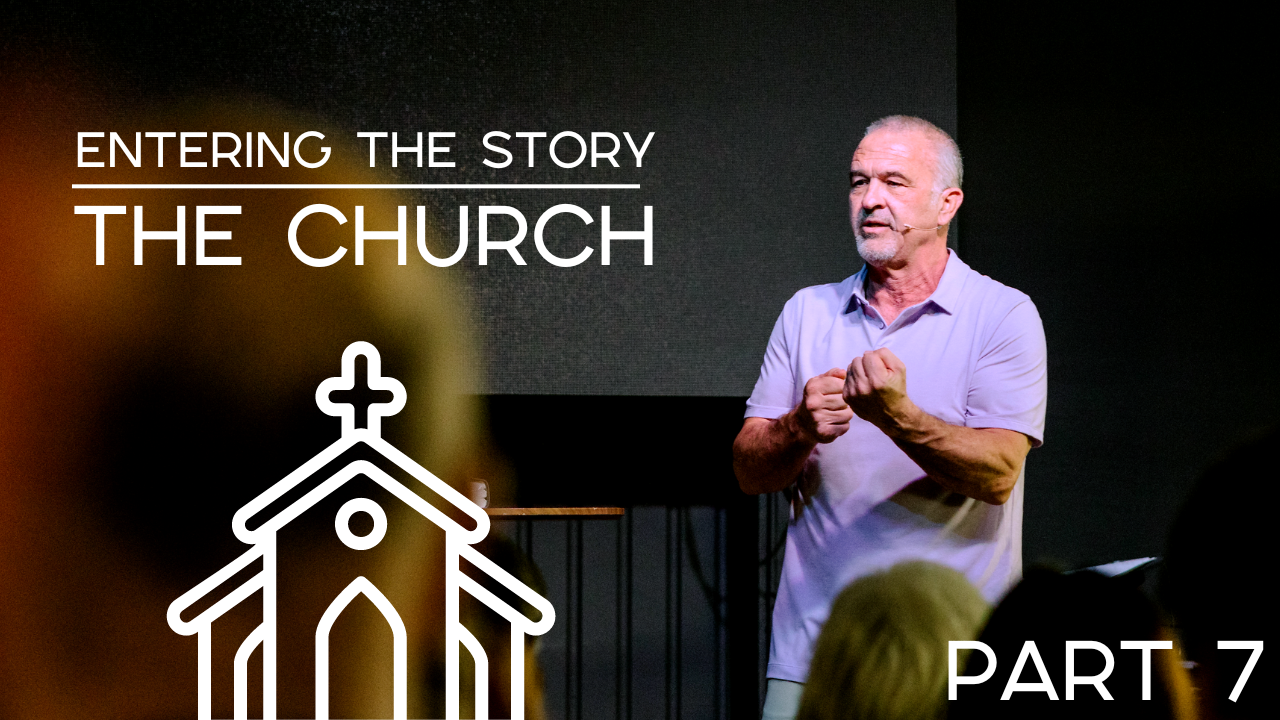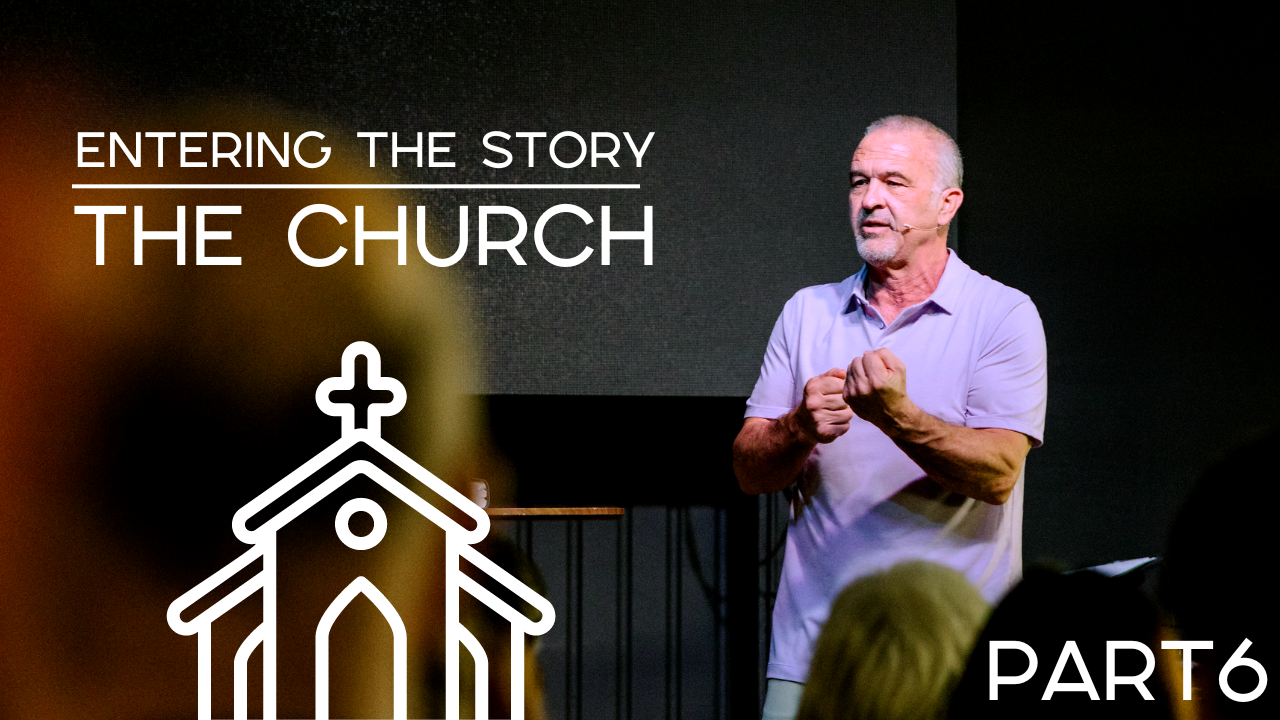Sermon,
Sermons,
Sunday Service,
Pastor John Blue,
John Blue,
Worship,
Christian Church,
Church Service,
Guest Speakers,
Luke Gane
Seth Seneca
Sermon,
Sermons,
Sunday Service,
Pastor John Blue,
John Blue,
Worship,
Christian Church,
Church Service,
Guest Speakers,
Luke Gane
Seth Seneca
Read More
Sermon,
Sermons,
Sunday Service,
Pastor John Blue,
John Blue,
Worship,
Christian Church,
Church Service,
Guest Speakers,
Luke Gane
Seth Seneca
Sermon,
Sermons,
Sunday Service,
Pastor John Blue,
John Blue,
Worship,
Christian Church,
Church Service,
Guest Speakers,
Luke Gane
Seth Seneca
Read More
Sermon,
Sermons,
Sunday Service,
Pastor John Blue,
John Blue,
Worship,
Christian Church,
Church Service,
Guest Speakers,
Luke Gane
Seth Seneca
Sermon,
Sermons,
Sunday Service,
Pastor John Blue,
John Blue,
Worship,
Christian Church,
Church Service,
Guest Speakers,
Luke Gane
Seth Seneca
Read More
Sermon,
Sermons,
Sunday Service,
Pastor John Blue,
John Blue,
Worship,
Christian Church,
Church Service,
Guest Speakers,
Luke Gane
Seth Seneca
Sermon,
Sermons,
Sunday Service,
Pastor John Blue,
John Blue,
Worship,
Christian Church,
Church Service,
Guest Speakers,
Luke Gane
Seth Seneca
Read More
Sermon,
Sermons,
Sunday Service,
Pastor John Blue,
John Blue,
Worship,
Christian Church,
Church Service,
Guest Speakers,
Luke Gane
Seth Seneca
Sermon,
Sermons,
Sunday Service,
Pastor John Blue,
John Blue,
Worship,
Christian Church,
Church Service,
Guest Speakers,
Luke Gane
Seth Seneca
Read More
Sermon,
Sermons,
Sunday Service,
Pastor John Blue,
John Blue,
Worship,
Christian Church,
Church Service,
Guest Speakers,
Luke Gane
Seth Seneca
Sermon,
Sermons,
Sunday Service,
Pastor John Blue,
John Blue,
Worship,
Christian Church,
Church Service,
Guest Speakers,
Luke Gane
Seth Seneca
Read More
Sermon,
Sermons,
Sunday Service,
Pastor John Blue,
John Blue,
Worship,
Christian Church,
Church Service,
Guest Speakers,
Luke Gane
Seth Seneca
Sermon,
Sermons,
Sunday Service,
Pastor John Blue,
John Blue,
Worship,
Christian Church,
Church Service,
Guest Speakers,
Luke Gane
Seth Seneca
Read More
Sermon,
Sermons,
Sunday Service,
Pastor John Blue,
John Blue,
Worship,
Christian Church,
Church Service,
Guest Speakers,
Luke Gane
Seth Seneca
Sermon,
Sermons,
Sunday Service,
Pastor John Blue,
John Blue,
Worship,
Christian Church,
Church Service,
Guest Speakers,
Luke Gane
Seth Seneca
Read More
Sermon,
Sermons,
Sunday Service,
Pastor John Blue,
John Blue,
Worship,
Christian Church,
Church Service,
Guest Speakers,
Luke Gane
Seth Seneca
Sermon,
Sermons,
Sunday Service,
Pastor John Blue,
John Blue,
Worship,
Christian Church,
Church Service,
Guest Speakers,
Luke Gane
Seth Seneca
Read More
Sermon,
Sermons,
Sunday Service,
Pastor John Blue,
John Blue,
Worship,
Christian Church,
Church Service,
Guest Speakers,
Luke Gane
Seth Seneca
Sermon,
Sermons,
Sunday Service,
Pastor John Blue,
John Blue,
Worship,
Christian Church,
Church Service,
Guest Speakers,
Luke Gane
Seth Seneca
Read More
Sermon,
Sermons,
Sunday Service,
Pastor John Blue,
John Blue,
Worship,
Christian Church,
Church Service,
Guest Speakers,
Luke Gane
Seth Seneca
Sermon,
Sermons,
Sunday Service,
Pastor John Blue,
John Blue,
Worship,
Christian Church,
Church Service,
Guest Speakers,
Luke Gane
Seth Seneca
Read More










